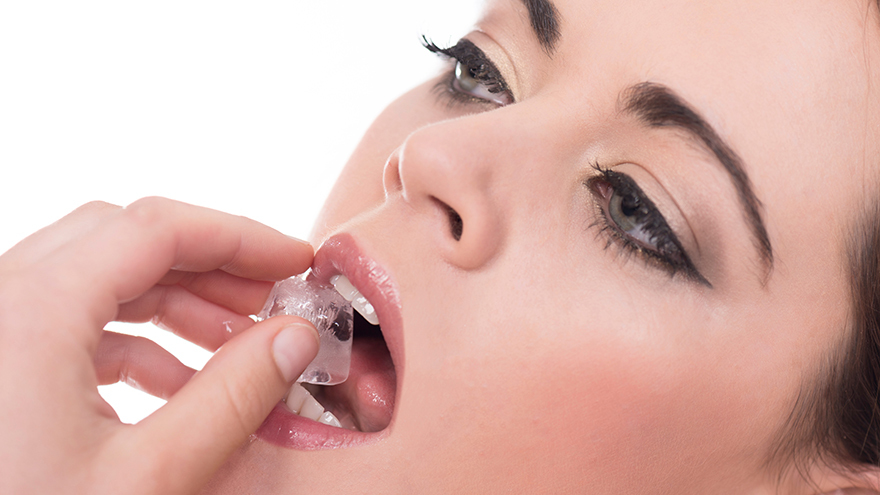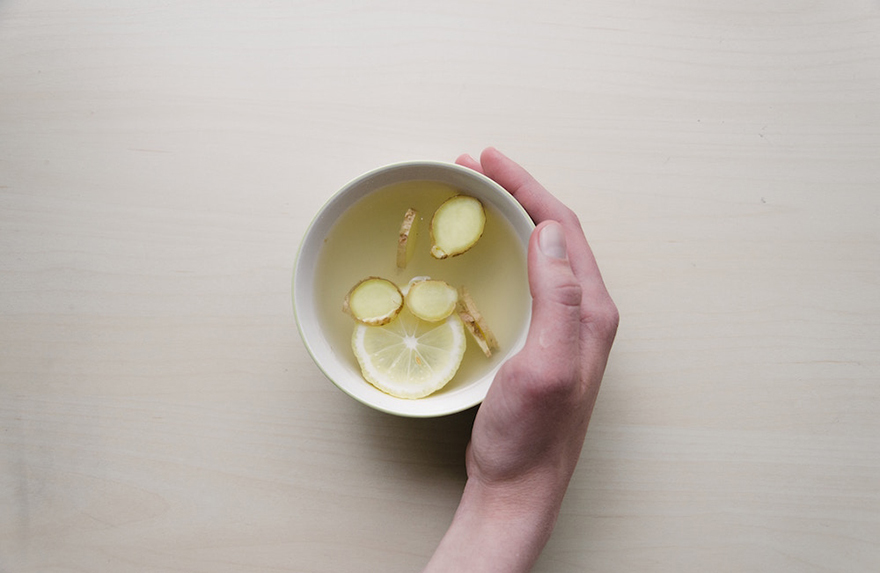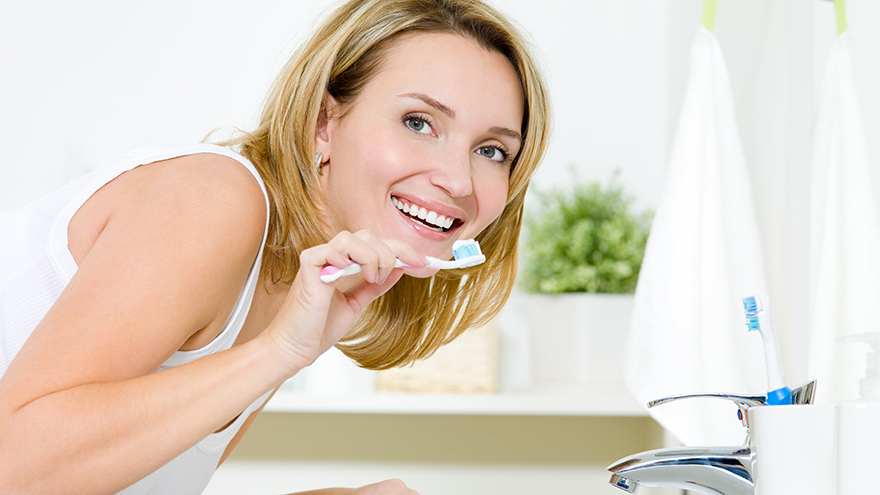Top 10 Tips For Looking After Sensitive Teeth

By leading celebrity dentist Dr Richard Marques of Wimpole Street Dental
1 Switch to a desensitising toothpaste. The active ingredients can block the tiny holes in the surface of the teeth and act as a shield by calming any exposed nerves.
2 Cut out any exceptionally hot or cold beverages. Extreme temperatures will trigger sensitivity, so stick to room temperature drinks and use lukewarm water when brushing your teeth.
3 A cause of the sensitivity could be that you’re grinding your teeth whilst you sleep. Your dentist will be able to fit a night guard for you to wear, which will help prevent further damage.
4 Ensure you’re using a soft bristled or electric toothbrush and brush gently in circular motions. Aggressive brushing can wear away tooth enamel, exposing teeth to sensitivity.
5 Use a mouthwash that is high in fluoride and will help strengthen tooth enamel, but that does not contain harsh or abrasive chemicals including alcohol.
6 Try to avoid acidic food and drink including fruit, vinegar and alcohol. The high sugar content and acidity can cause erosion and damage the enamel – both of which are leading causes of sensitive teeth and gums.
7 Make sure you drink through a straw. In doing so the liquid will bypass the teeth, giving you a better chance at avoiding both damage and sensitivity.
8 Wait at least half an hour after eating or drinking to brush your teeth. This will give the enamel a chance to re-harden. Brushing too soon could actually push acids deeper into the teeth which can cause erosion.
9 Hold off on any whitening treatments when sensitivity becomes uncomfortable. You can still use natural whiteners such as strawberries and coconut oil to keep your smile bright!
10 Maintaining good overall dental hygiene is the best defence against sensitivity. Brush, floss and rinse thoroughly but carefully twice a day, and visit your dentist every six months for a check-up!
Worried about bad breath . . .?











